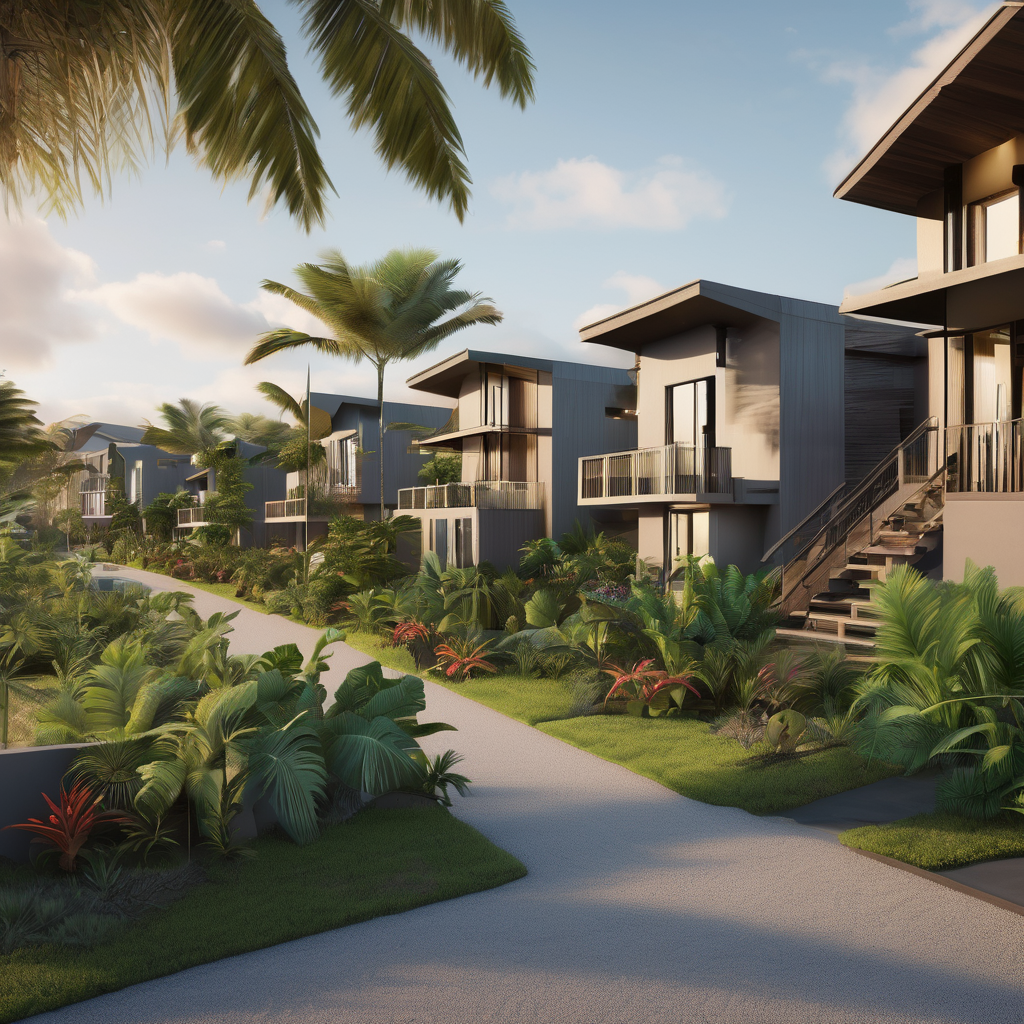The Housing Authority of Fiji has launched a transformative housing initiative in Veikoba, Delaivalelevu, Nasinu, valued at $53.8 million and spanning over 118 acres. Minister for Housing and Local Government, Maciu Nalumisa, introduced this significant development during a groundbreaking ceremony, highlighting plans for 640 fully serviced residential lots designed to create new homeownership opportunities for Fijians.
This initiative is crucial for addressing the pressing needs of first-time homeowners while simultaneously tackling the rising issue of informal settlements over the next decade. With the collaboration of various stakeholders, the government is focused on increasing the availability of residential land, making homes more affordable and accessible, especially for households with a combined annual income of $50,000 or less.
The Veikoba Development Project is an integral part of a wider plan that extends over 266 acres across six locations in Fiji’s Central and Western divisions, which includes Nepani, Wainibuku, Raiwaqa, Tavakubu, Lautoka, and Tavua. This pilot project is anticipated to produce around 3,000 environmentally sustainable, cyclone-resilient housing units.
Future residents can expect a mix of single-storey row homes along with two- and three-bedroom houses, all equipped with vital infrastructure like roads, electricity, and water supply. The subdivision will also feature community-oriented amenities, such as Civic, Commercial, and Social Housing Lots, aimed at fostering a vibrant neighborhood.
Setareki Qaliduadua, a representative of the landowners in Veikoba, acknowledged the challenges faced during the initial stages of the project, particularly legal disputes with tenants on the land. Now that construction has commenced, landowners are committed to facilitating the project’s progress, recognizing its long-term advantages for both present and future generations.
The demand for Fiji’s Housing Assistance Scheme has surged, with over 3,000 families eager to participate. Minister Nalumisa pointed out the increasing public necessity for accessible homeownership options, emphasizing that the scheme is designed to streamline the process for families seeking safe and high-quality homes that comply with local standards.
Additionally, the Rural Housing Assistance Programme provides essential support for families in rural and maritime areas looking to build or enhance their homes. Under this program, applicants are required to contribute one-third of construction costs, while the government covers the remaining two-thirds, ensuring easier access to secure housing.
This multifaceted strategy by the government underscores a strong commitment to improving housing affordability and enhancing living standards across Fiji. These latest efforts present a hopeful outlook for families aspiring to homeownership and underscore the potential for greater community resilience and economic stability through strategic housing solutions.
